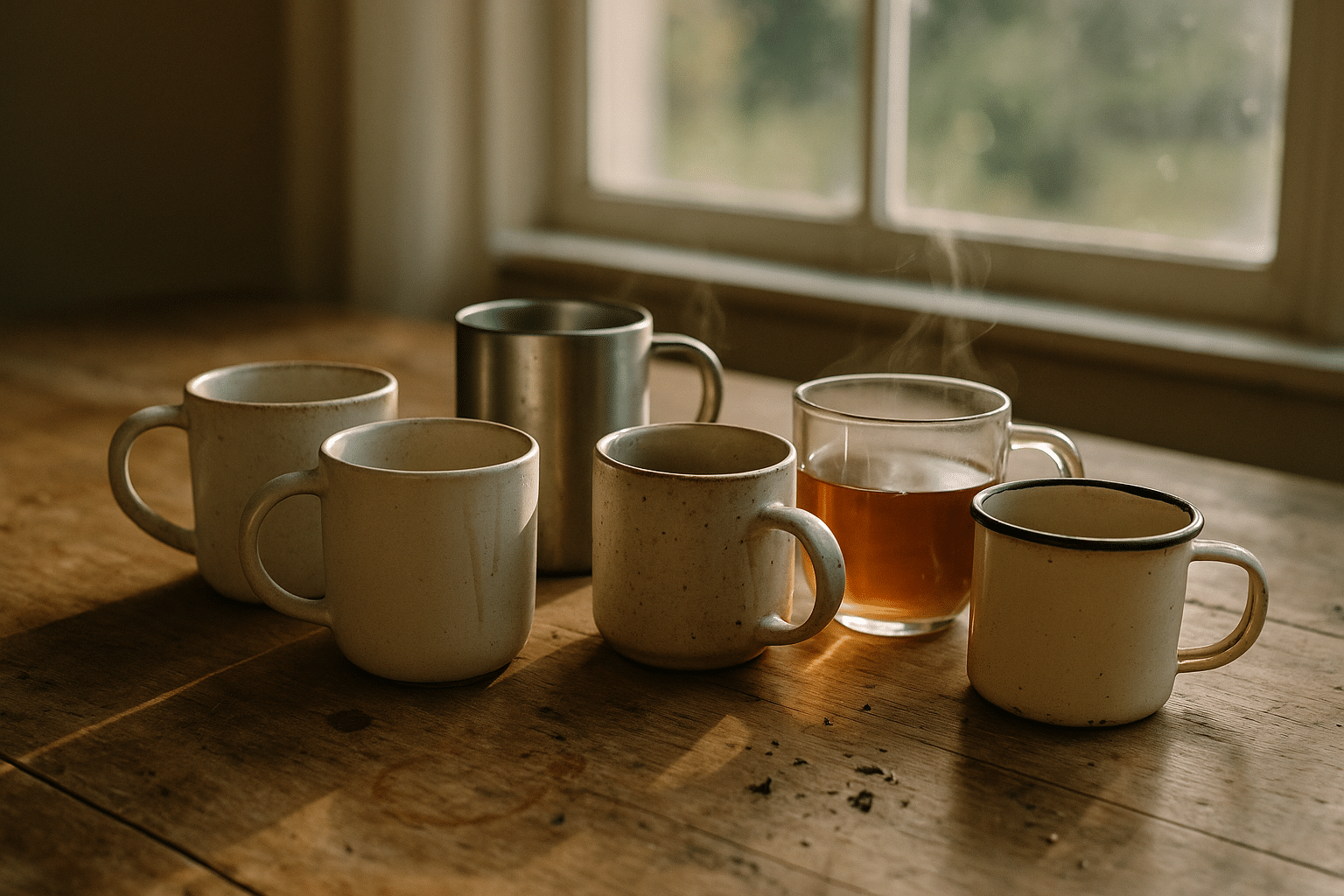
Drones in Agriculture: How Technology is Transforming Ingredients
Imagine a world where the fresh ingredients on your plate are not only sourced with precision but grown with the help of cutting-edge technology. This vision is increasingly becoming a reality as drones revolutionize the agricultural landscape, particularly in the cultivation of ingredients used in cooking.
As technology continues to weave its way into various sectors, agriculture stands out as a field ripe for innovation. Drones, or unmanned aerial vehicles (UAVs), are at the forefront of this transformation, offering a bird’s-eye view of crop fields and enabling farmers to optimize their operations. According to a report by Mordor Intelligence, the agricultural drone market is projected to grow at a compound annual growth rate of 29.04% during the forecast period of 2020-2025.
The Role of Drones in Agriculture
Drones are equipped with advanced sensors and imaging capabilities, allowing them to monitor crop health, assess soil conditions, and even manage irrigation systems. This technology empowers farmers to make data-driven decisions that enhance yield and reduce waste.
Expert Insight
Dr. Alex Roberts, an agricultural technology expert, notes, “Drones provide farmers with real-time data that is crucial for precision agriculture. This means healthier crops and more efficient use of resources.”
Statistics and Research
Research from the Food and Agriculture Organization highlights that using drones for crop monitoring can increase yields by up to 20%, thanks to their ability to detect issues like pest infestations or nutrient deficiencies early.
Personal Anecdote
Take the example of a small family-owned farm in California that adopted drone technology to monitor their tomato fields. They reported a 15% increase in production within the first year, attributing the success to the drone’s ability to provide detailed aerial views that helped pinpoint problem areas quickly.
Actionable Tips for Farmers
- Start with a small-scale implementation to understand how drones can fit into your existing operations.
- Invest in training for staff to maximize the technology’s potential.
- Choose drones with multispectral imaging to get a comprehensive overview of crop health.
Comparison: Traditional vs. Drone-Assisted Farming
| Aspect | Traditional Farming | Drone-Assisted Farming |
|---|---|---|
| Monitoring | Manual, time-consuming | Automated, efficient |
| Resource Usage | Higher waste | Optimized, reduced waste |
| Data Collection | Limited, periodic | Continuous, real-time |
| Cost | Variable, often higher | Initial investment, long-term savings |
| Yield | Traditional growth rates | Potentially increased yields |
| Scalability | Challenging | Highly scalable |
| Environmental Impact | Higher | Lower |
| Precision | Generalized | Highly precise |
FAQ
How do drones help in precision agriculture?
Drones provide detailed aerial data that help farmers target specific areas for treatment, resulting in more efficient use of resources.
Are drones cost-effective for small farms?
While the initial investment can be significant, the long-term savings and yield improvements often justify the cost.
In conclusion, the integration of drones into agriculture is transforming how ingredients are grown and harvested, providing a plethora of benefits from increased yield to resource optimization. For farmers looking to embrace this technology, starting small and scaling up as you see results can be an effective strategy. As drone technology continues to evolve, its role in agriculture will only become more integral, promising a future where tech-infused farming becomes the norm. Embrace this change, and you’ll likely see the fruits of your labor flourish like never before.


